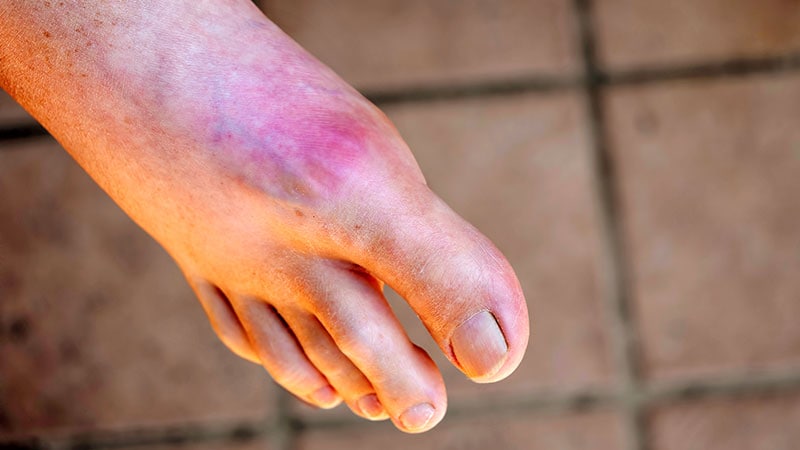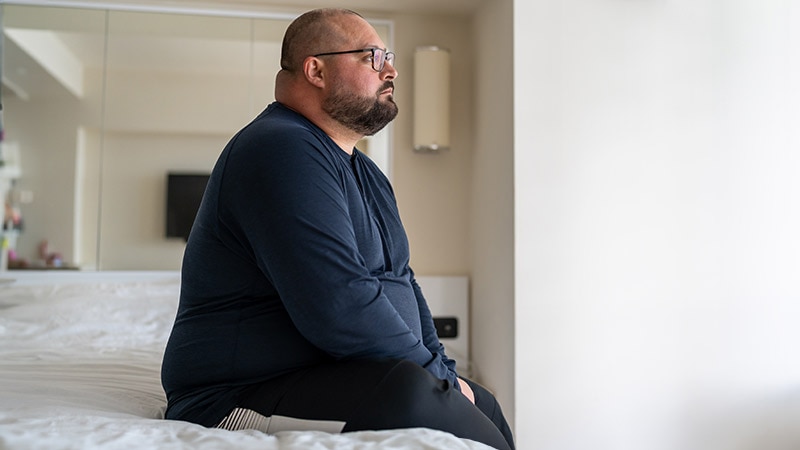A study by Suffolk County Council and West Suffolk Foundation Trust has identified general practice factors associated with emergency presentation of cancer.
The study, published in the Journal of Public Health, included 6659 practices in England and 255,282 cancer diagnoses in 2017-2018.
Trust in the health care professional, two-week wait (2WW) referral and conversion rates, practice quality and outcomes framework (QOF) score, socio-economic factors and practice operational features were found to influence the proportion of emergency diagnosis of cancer.
An increase in the percentage of patients having trust and confidence in the last health care professional they saw was associated with a reduced chance of emergency diagnosis of cancer (OR per 5% increase, 0.96; P<.001).
A higher rate of 2WW referrals was also associated with a reduced proportion of those referrals resulting in a diagnosis of cancer. Similar associations were found with higher practice total QOF achievement.
Patient satisfaction with practice opening times and the ability to see a preferred GP were significantly positively correlated (P<.001) with the proportion of emergency diagnosis of cancer.
Furthermore, patients registered to practices in each increasingly deprived quintile were more likely to have their cancer diagnosed as an emergency than the last (OR for emergency diagnosis of cancer in the most deprived compared with the least deprived practices, 1.31; 95% CI, 1.26-1.36; P<.001).
This is the first study to demonstrate an empirical association between trust and confidence in practice health care professionals and emergency diagnosis of cancer. The authors say this finding adds to the body of evidence highlighting the importance of the GP-patient relationship and should reiterate to health care professionals the importance of building strong patient relationships and effective communication in the delivery of high-quality health care.
The authors also advise that regional cancer networks should focus on increasing the quantity and appropriateness of 2WW referrals from primary care. In addition, they say, primary care clinicians should be supported to undertake high-quality consultations, thus building trust with patients and ensuring continuity of care.


